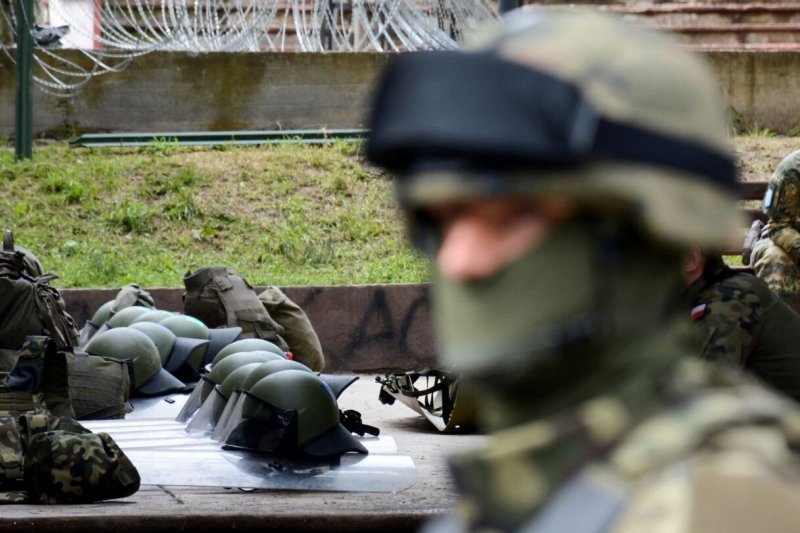Additional NATO Troops Arrive in Kosovo
NATO has confirmed on June 5 that reinforcement troops for the mission in Kosovo, KFOR, have begun to arrive in Kosovo, after violent clashes with protesters in Zvecan on May 29 left 30 KFOR soldiers injured.
"Around 500 Turkish service members from the battalion of the 65th Mechanized Infantry Brigade of Turkey will make up the bulk of the NATO reinforcements," said the statement issued by NATO.
In this statement, it is stated that these reinforcing troops will stay in Kosovo for "as long as there is a need" and that another battalion has been put on high alert for deployment in Kosovo in case of need.
The Secretary General of NATO, Jens Stoltenberg, thanked Turkey for sending reinforcement troops to the NATO mission in Kosovo, KFOR.
"Turkey is an important and highly valued ally, making key contributions to NATO. This includes troops for our peacekeeping mission in Kosovo, which is even more important now, when tensions are high," Stoltenberg is quoted as saying to the President of Turkey, Recep Tayyip Erdogan, on June 4.
Since May 29, the local Serbs of the northern municipalities - Zveçan, Leposaviq and Zubin Potok - have been protesting to oppose the entry of the new Albanian mayors into the municipal buildings.
On May 29, the situation escalated in Zveçan, after Serbian protesters clashed with KFOR members. As a result, 30 members of the peacekeeping force and 52 Serbs were injured.
The head of NATO, Jens Stoltenberg, has strongly condemned the violence against KFOR members. The violence has prompted NATO to commit an additional 700 troops to Kosovo, in addition to the 4,000 troops already in the country.
The international factor has made continuous calls for taking steps towards reducing tensions. Among the demands are the withdrawal of mayors from municipal buildings and the suspension of police operations in those buildings in the north.
Some diplomats have also requested the holding of new elections in the north. The President of Kosovo, Vjosa Osmani and the Prime Minister of Kosovo, Albin Kurti have given signs that something like this could happen.













